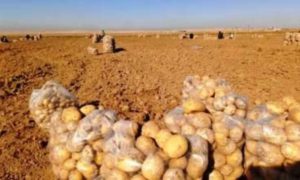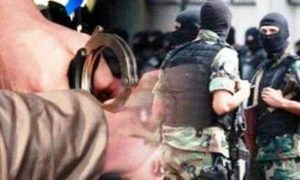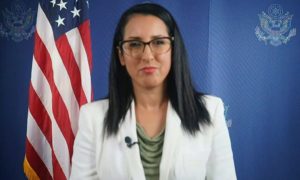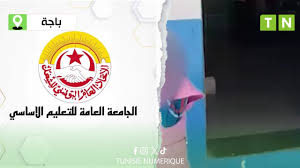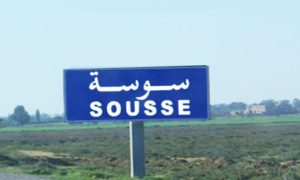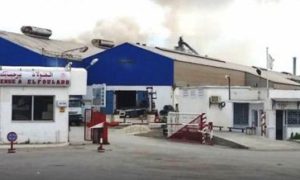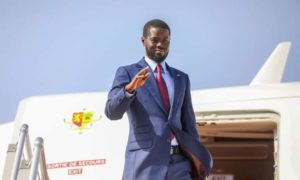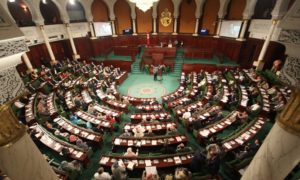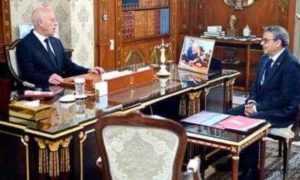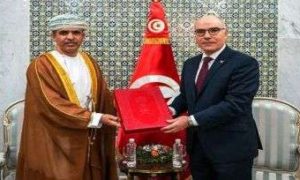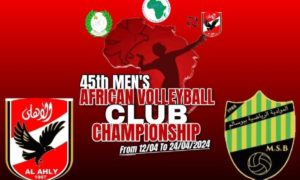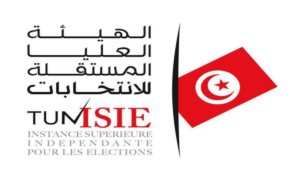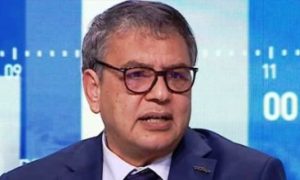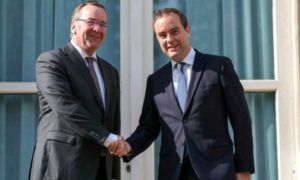By:
It stands out as what his mentor and leader, the fiery Ousmane Sonko, would suggest word for word, currently imprisoned for dark stories of morals and defamation, fabricated from scratch by the Sall regime, say the pro-Sonko. Well, Sonko won’t be able to go, he won’t have time, so it will be Diomaye Faye. He too is in jail, in pre-trial detention, which did not stop the Constitutional Council from validating his candidacy with the 19 retained. In all probability Sonko and his lieutenant will be released in the coming hours in the name of this amnesty which will also absolve the sins of the president – well, that’s what he believes -while waiting for the coalition program ‘Diomaye President ‘, revealed yesterday Saturday March 9 in a sumptuous hotel in the capital, Dakar:
- Introduction of a robust macroeconomic policy, founded on the exploitation of the country’s natural resources, including precious metals, industrial minerals and construction materials, to support a vital national currency.
- Separation of investment banks from deposit banks, with the creation of national banks committed to financing economic development in key sectors.
- Implementation of technical means of monetary creation permitting refinancing at the rate of zero percent with the Central Bank, or at least at the critical rate.
- Temporary demonetization of gold, prohibiting its import and sale, reserved exclusively for the State to consolidate a stock of gold reserves.
- Reprofiling of public debt and cancellation of private debt, with conditions fixed by the State for benefiting from support measures.
- Decline of the trade deficit by aiming for food self-sufficiency to improve the trade balance.
- Management of external assets and negotiation of advance accounts, allowing the State to control its financial resources.
- Establishment of a deposit insurance system to safeguard savings in the event of bank failure.
- Creation of a regulator for the stock market, is necessary with the introduction of a national currency.
- Orientation of the Treasury’s finances towards significant works, by reactivating its banking function for the financing of state projects.
- The foundation of a central bank with limited independence, concentrated on missions to the exclusion of monetary policy, to prevent counterfeiting and adjust the budget of the reform process.
- Adoption of a floating and semi-convertible currency, avoiding pegging to a fixed parity and protecting the currency against malicious attacks while limiting its convertibility to secure national resources.
What's happening in Tunisia?
Subscribe to our Youtube channel for updates.




